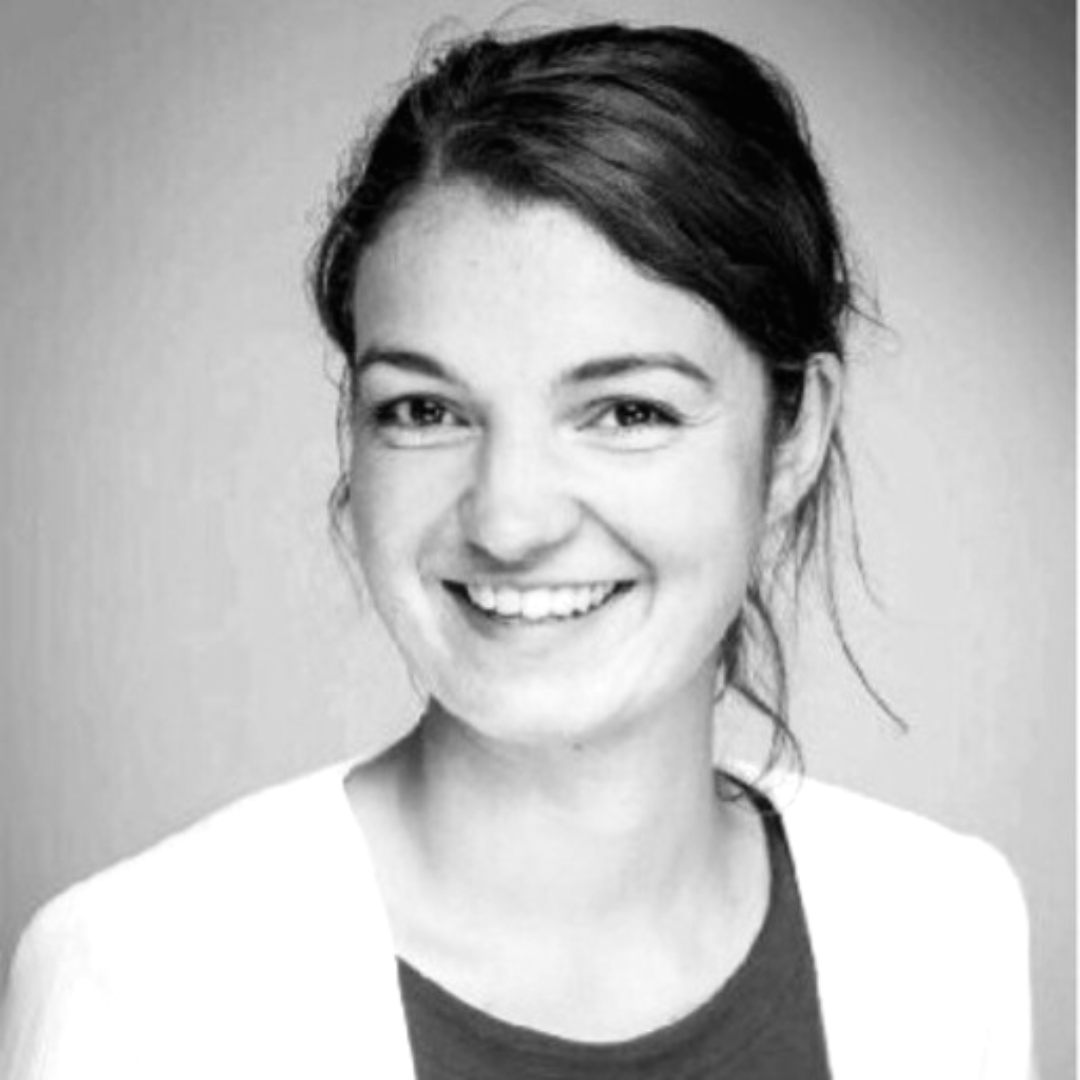
THE GREAT REGROUPING OF THE WEST
“Sending a signal to despots“
Defence Committee chair Marie-Agnes Strack-Zimmermann, FDP, has harshly criticised the hesitation of her own coalition regarding arms deliveries to Ukraine. In this interview she also demands clear words in the direction of Tehran and Beijing.
INTERVIEW: THERESA CAROLINE WINTER

THE GREAT REGROUPING OF THE WEST
“Sending a signal to despots“
Defence Committee chair Marie-Agnes Strack-Zimmermann, FDP, has harshly criticised the hesitation of her own coalition regarding arms deliveries to Ukraine. In this interview she also demands clear words in the direction of Tehran and Beijing.
INTERVIEW: THERESA CAROLINE WINTER
Ms Strack-Zimmermann, the war in Ukraine is showing us that our defensive capability is not in a good state. Could we not have known that?
Our defensive shortcomings have been known for years. However, now we are seeing war on our own doorstep. Hence the dismay and attention given to the subject. Incidentally, it’s not just the German military that has major deficits; the arms industry does, too. As Germany has been parsimonious in its defence spending for so long, the production lines have been rolled back. It will take time and know-how to restore them. The point is that we have to immediately beef up the Bundeswehr in every way so it can defend our country and alliance.
How has it come to this?
There are many reasons. When the Wall fell, the German military was downsized aggressively. In 2010, the defence budget didn’t even amount to 30 billion euros. It’s only gone up again over the past five years. We now have the biggest defence budget since 1945: a good 50 billion euros.
But is it not about more than just money?
If you don’t renew or fix anything in your armed forces for 25 years, you have a serious problem. For example, when purchasing new equipment the Bundeswehr usually wouldn’t buy spare parts to keep costs down. That was never going to work.
And what about procurement?
Our procurement office in Koblenz puts everything out to tender, from socks to heavy weaponry – on a European level no less. That will have to change. The special fund is a start, but the organisation also needs to be changed.
Marie-Agnes Strack-Zimmermann is a member of the FDP Federal Executive Committee as well as the executive committee of the FDP parliamentary group.
Marie-Agnes Strack-Zimmermann is a member of the FDP Federal Executive Committee as well as the executive committee of the FDP parliamentary group.
Is the special fund sufficient to come close NATO’s 2 percent target?
Federal Finance Minister Christian Lindner had the brilliant idea of setting up this special fund to the tune of 100 billion euros. Spread over five years, that's 20 billion euros per year, and that, together with the defence budget, would indeed bring us to the required 2 percent of GDP by 2027. By then at the latest, the defence budget must be adjusted accordingly. It would therefore be wise to systematically increase it in the coming years so that this does not have to happen abruptly in five years.
Finland and Sweden have applied for NATO membership. Do you think it will be possible to get Turkey to withdraw its objection?
Talks are underway. I’m optimistic.
What impact can we expect from strengthening and enlarging NATO?
The applications of Sweden and Finland are of immense import. The Finns are well set up and have high defence standards for the population. And in the case of Sweden, the country’s geostrategic position alone is a highly valuable asset. It all adds up to better security for all of us. There is a certain irony to the fact that it was Putin who prompted these membership applications with his brutal attack on Ukraine.
Are we not contributing to a new Iron Curtain?
No. I don't believe in the narrative that we must not move in on Russia. Finland has stuck to this until now, and the West has also stuck to it. Ukraine applied for NATO membership in 2008, as did Georgia. France and Germany, among others, rejected it; the Americans would have approved. When the Ukraine war is over, the question of whether and when Ukraine could possibly become a member of NATO will come up again. That could all take decades. But in the meantime, Ukraine will need security guarantees.
Is Russia now becoming the perennial foe?
The threat situation is now clearly perceptible, and the mission of the armed forces is derived from this defined “concept of the enemy”. This, in turn, determines the required material and personnel. What is happening in Ukraine right now has shown that Russia is highly dangerous for the free world. Russia was always dangerous, at best people spoke of peaceful coexistence – until the aggressiveness was palpable again. Chechnya, Georgia, Syria. The annexation of Crimea was, in a way, the dress rehearsal for the invasion of Ukraine.
So, do we have to adapt our strategy?
Until now, NATO has attached importance to maintaining peaceful coexistence with Russia. That is over. From a security point of view, the question is what Tehran is up to in the Middle East and what China has in mind in the Indo-Pacific. There are a number of despots on this earth who want to destroy our values and our democracy. They will now be watching closely what happens in Ukraine and how the West reacts to it. This is another reason why our support for Ukraine is so important. It is a signal to the despots of this world that we will not put up with any attack on our territory and that we will not surrender one millimetre.
How should we respond to the accusation that our strategy could further escalate the situation?
When Putin talks about escalation or the use of a nuclear bomb, it serves to unsettle us. We must not do him that favour. Putin thinks the EU is a complete wimp. The very fact that 27 states are talking to each other as equals is crazy to him. But now he realises that we are ready to defend our values together. The lesson for us from this terrible war in Ukraine is: there can be no peace without courage and a willingness to take risks.
Germany is now working on its first national security strategy. How often will it have to be adapted?
Regularly. Just a few years ago, most military strategists thought that the time of the big tank battles was over. It was assumed that cyber war would dominate everything: attacks on infrastructure, attacks on people's minds, attacks on communication networks, etc. There were also warnings of hybrid wars and terror. All this has long been a reality, but now we are also seeing classic war again. This shows that we need to keep an eye on both. But above all, we need a fully equipped military.
That will cost even more money.
It will trigger a major debate. Some people may have to ask themselves how they want to live. But one thing is clear: those who want to be free must be able to defend themselves. As liberals, we should put ourselves at the forefront of the freedom movement.

Theresa Caroline Winter is Theme Manager Networked Security & Defence Policy at the Friedrich Naumann Foundation for Freedom.

Theresa Caroline Winter is Theme Manager Networked Security & Defence Policy at the Friedrich Naumann Foundation for Freedom.
Also interessting
Karl-Heinz Paqué // Die Globalisierung stockt und stottert
Die weltwirtschaftliche Integration steckt in einer Krise. Da muss sie raus – verändert und verbessert. Den Weg dahin kann der marktwirtschaftliche Westen ebnen, auch durch wertebasierte Geopolitik.
Guri Melby // Gewaltige Anziehungskraft
Der russische Präsident hat sich eine NATO-Osterweiterung im hohen Norden eingehandelt. Der zu erwartende Beitritt Schwedens und Finnlands zur Allianz bietet den nordischen Ländern eine Fülle neuer Chancen.
Sascha Tamm // „Die Wirtschaftslage wird die amerikanischen Wahlen entscheiden“
Frauen haben zunehmend das Sagen bei den Midterm elections, glaubt David R. Goldfield. Ein Grund dafür, warum die Demokraten hoffen dürfen. Der Historiker wagt einen Ausblick auf die anstehenden Wahlen in den USA.
